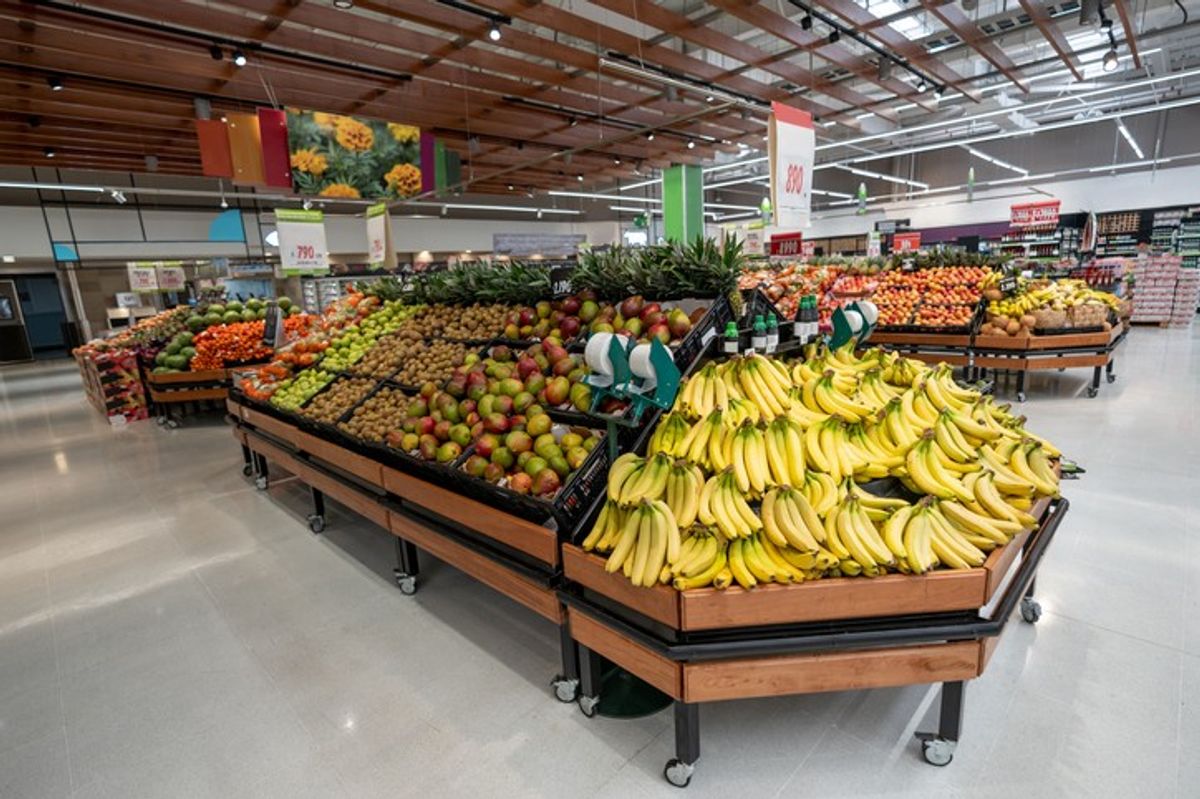Gene-edited foods could be on supermarket shelves as soon as next year as parliament is set to pass new legislation.
The proposed rules — which have already passed through the House of Commons and will be debated by the Lords in the final reading on Tuesday (6)— will allow British consumers to benefit from tastier, healthier food with a lower environmental impact.
“I’m really excited,” The Times quoted Gideon Henderson, a professor at Oxford and chief scientific adviser to the Department for Environment, Food and Rural Affairs, as saying.
“The population is growing globally and in the UK and we have to increase food productivity. There’s also a real need to design crop varieties that will be tolerant to the changing climate.”
For decades, policymakers and agricultural scientists have championed genetically modified (GM) crops as a means to enhance yields, reduce costs, and bolster food security in the UK.
In the late 1990s, Prime Minister Tony Blair’s push for a GM revolution was met with fierce backlash, as activists decried so-called "Frankenfoods," citing potential health and environmental risks. A similar effort by David Cameron in the 2010s faced comparable opposition, compounded by restrictive EU regulations on genetic crop modifications.
However, Brexit has enabled England to diverge from EU policies, opening the door for renewed GM crop development.
While Scotland, Wales, and Northern Ireland maintain their opposition, England’s regulatory shift signals a potential turning point in the UK’s agricultural biotechnology sector.
Industry stakeholders will be watching closely to see whether this latest push can overcome longstanding consumer hesitancy and deliver on its promised benefits.
If it is approved, a six-month period will follow in which Defra and the Food Standards Agency (FSA) prepares its regulations.From the autumn companies will be able to apply for permission to introduce their plants into the food chain. Defra will judge whether the plants truly could have been bred traditionally and the FSA will assess them for safety for human consumption. Each application will be signed off personally by a minister in the Department of Health.
A public register will be kept of precision-bred crops, but there will be no law forcing them to be labelled as such. Henderson, however, believes companies will choose to shout about their achievements on the labels.


